

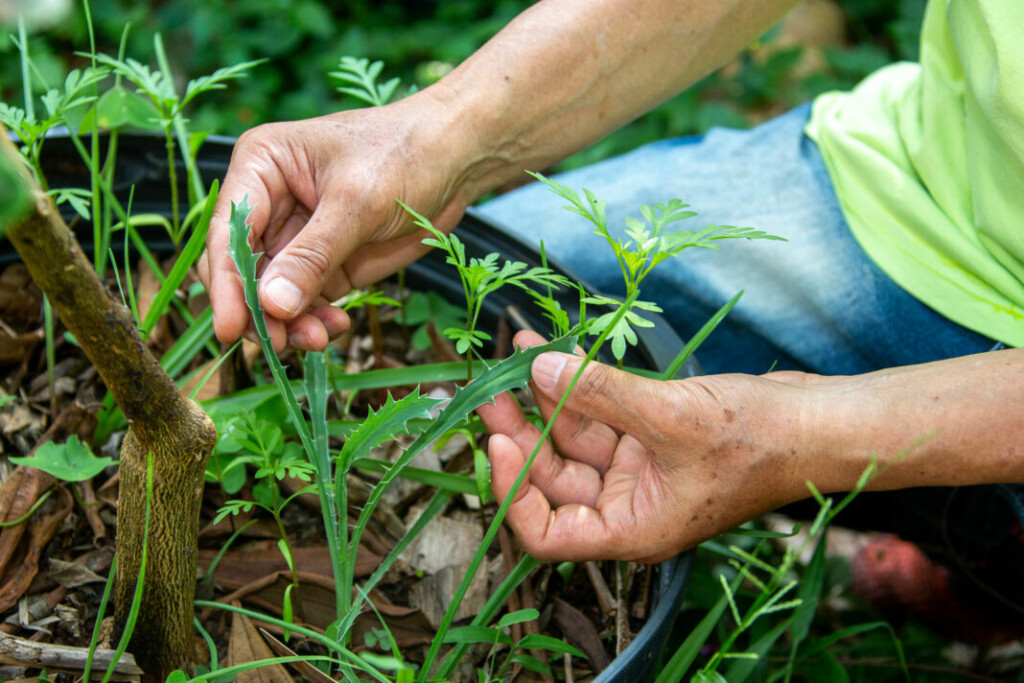
Researchers at a FAPESP-supported research center demonstrate that diversified crop management in agricultural systems increases carbon capture in the soil.
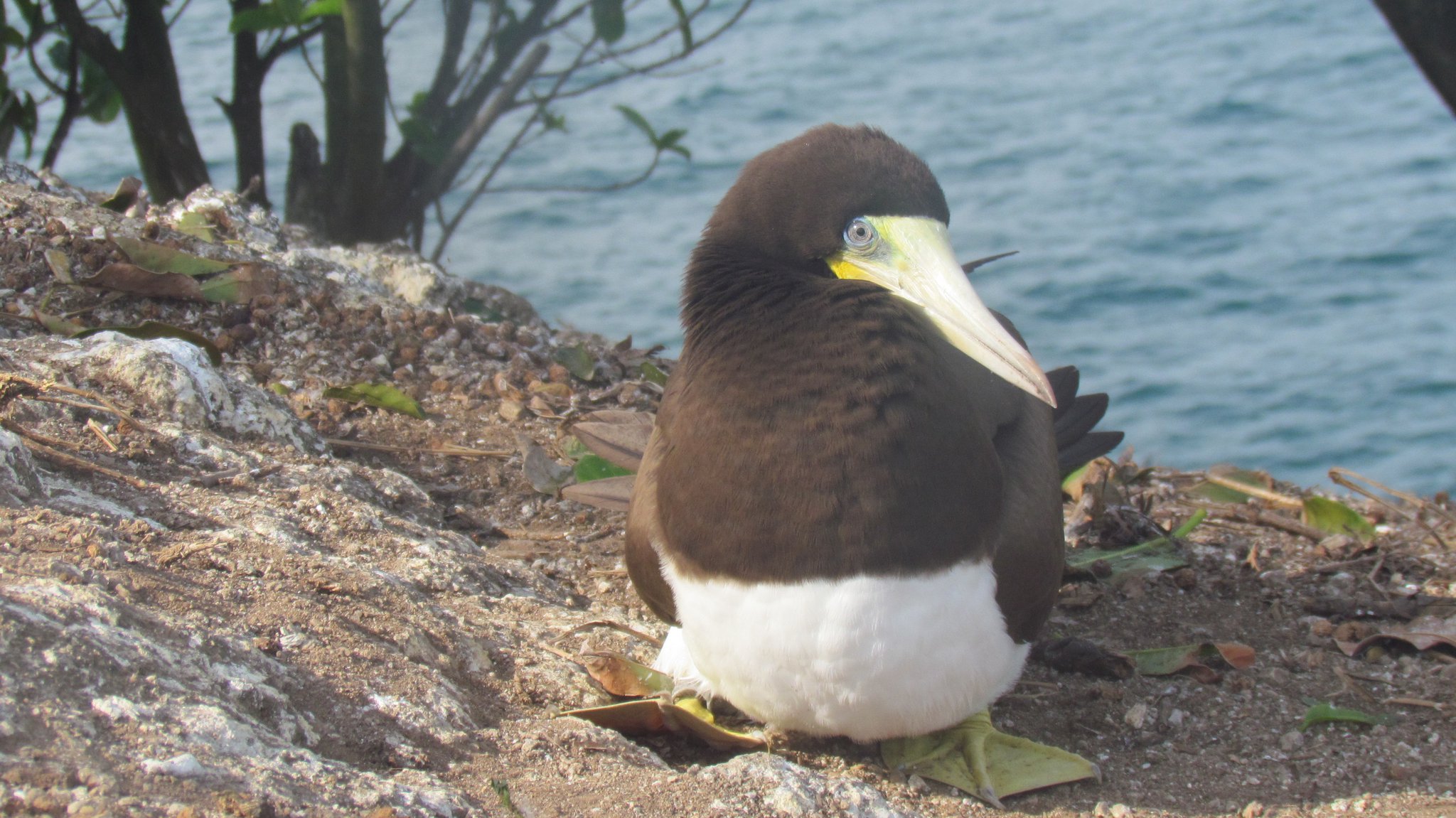
Analyses of biological material from six migratory and one resident species in Brazil indicate similar concentrations of some persistent organic pollutants (POPs), including DDT and the formicide mirex, even in birds with different feeding habits.

Analyses of biological material from six migratory and one resident species in Brazil indicate similar concentrations of some persistent organic pollutants (POPs), including DDT and the formicide mirex, even in birds with different feeding habits.

Research conducted on rats reinforces the idea that proton pump inhibitors, which are widely used to treat stomach problems, can affect mineral absorption and compromise bone health.

Research conducted on rats reinforces the idea that proton pump inhibitors, which are widely used to treat stomach problems, can affect mineral absorption and compromise bone health.
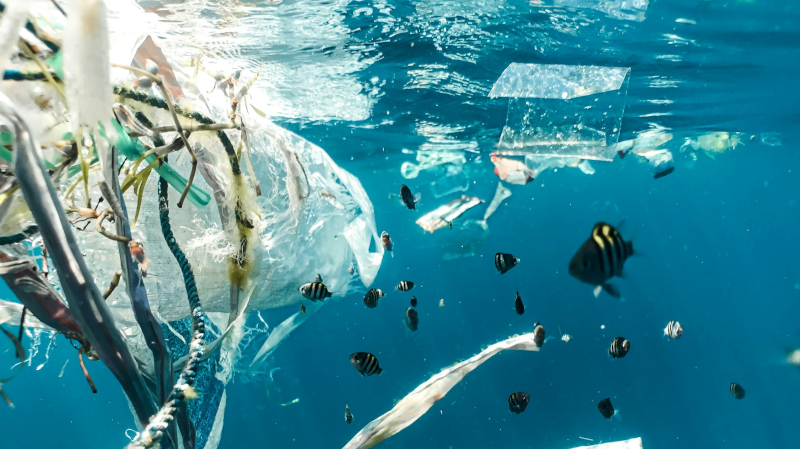
A study by researchers at the Federal University of São Paulo synthesized data from 6,049 contamination records on all continents over the last decade.

A study by researchers at the Federal University of São Paulo synthesized data from 6,049 contamination records on all continents over the last decade.
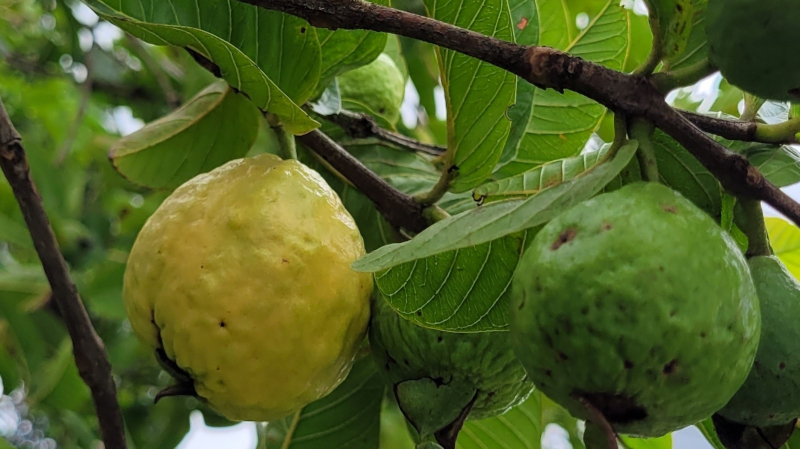
Radiation was able to combat anthracnose, a fungal disease that causes dark lesions on the fruit, rendering it unfit for consumption.

Radiation was able to combat anthracnose, a fungal disease that causes dark lesions on the fruit, rendering it unfit for consumption.
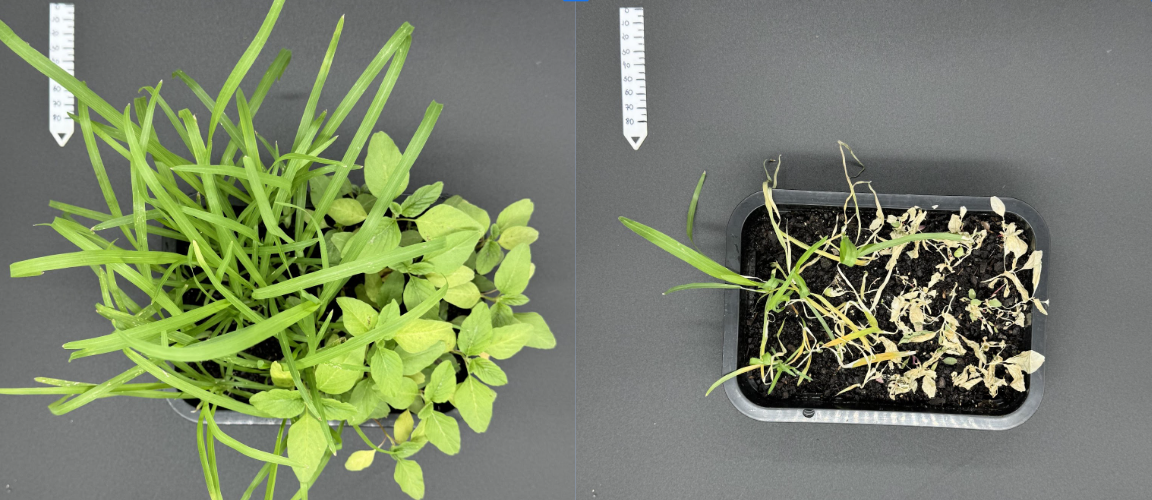
Scientists warn that terms such as “sustainable” must be used correctly and that the natural components of these products do not eliminate environmental concerns.

Scientists warn that terms such as “sustainable” must be used correctly and that the natural components of these products do not eliminate environmental concerns.
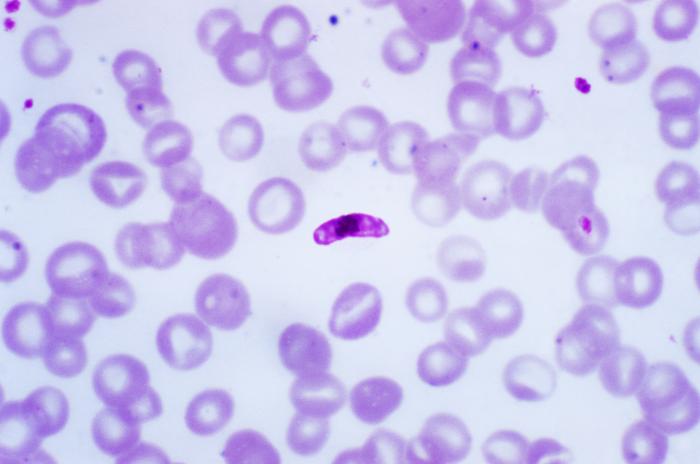
Tests on cell cultures and rodents have shown that the new molecule acts on all three stages of the disease cycle, eliminating the parasite from human blood and liver and preventing transmission to mosquitoes.
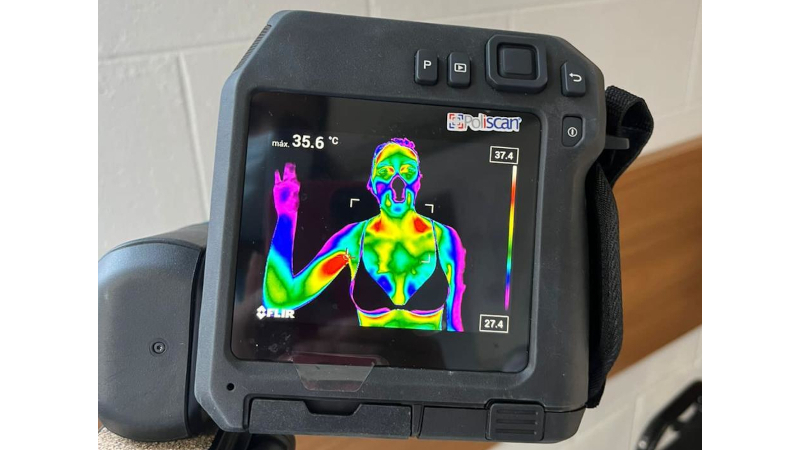
Research from the State University of Campinas reveals that cycles of weight loss and weight regain affect more than just the numbers on the scale.
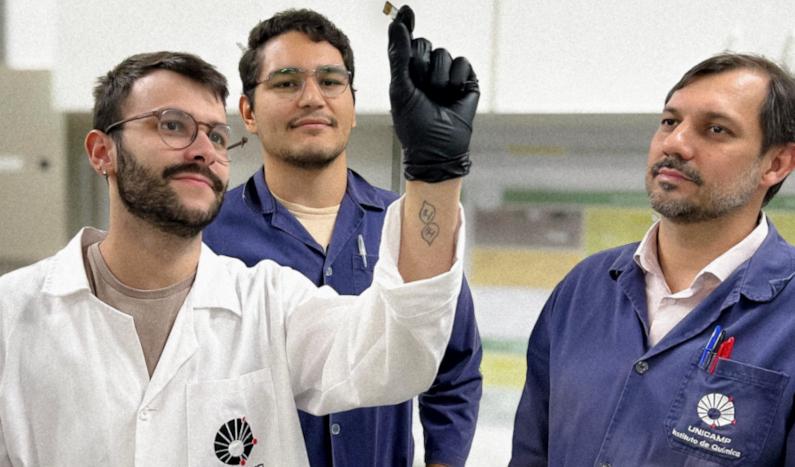
Researchers at the State University of Campinas have significantly increased the efficiency of low-cost materials using a simple approach to altering their structure.
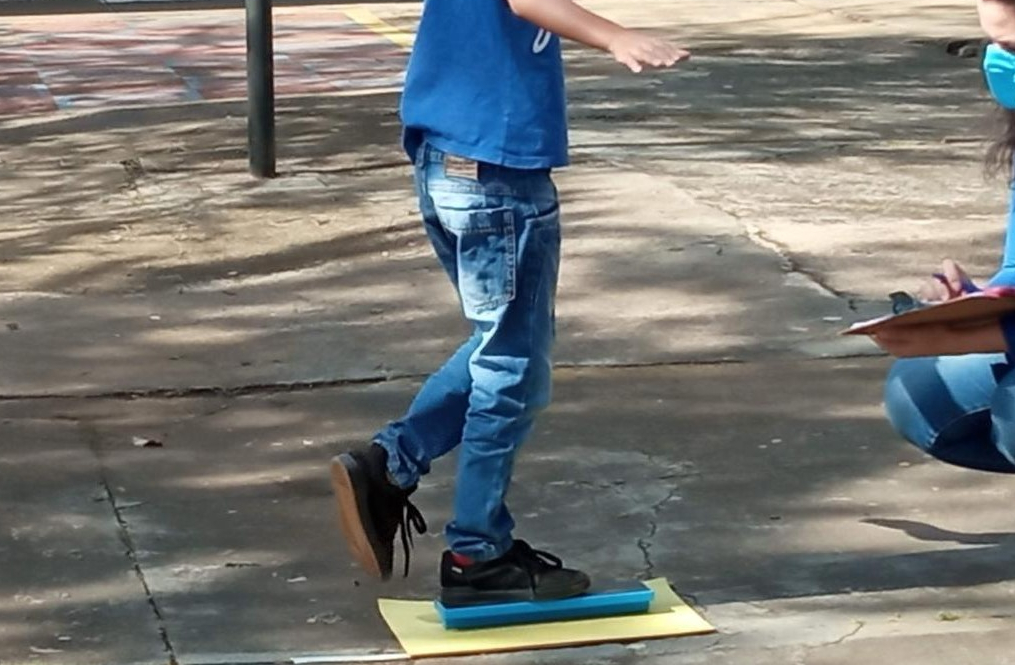
Research from the Federal University of São Carlos emphasizes the need for health and education professionals to consider sensory processing to expand support strategies for childhood dyspraxia.

Research from the Federal University of São Carlos emphasizes the need for health and education professionals to consider sensory processing to expand support strategies for childhood dyspraxia.
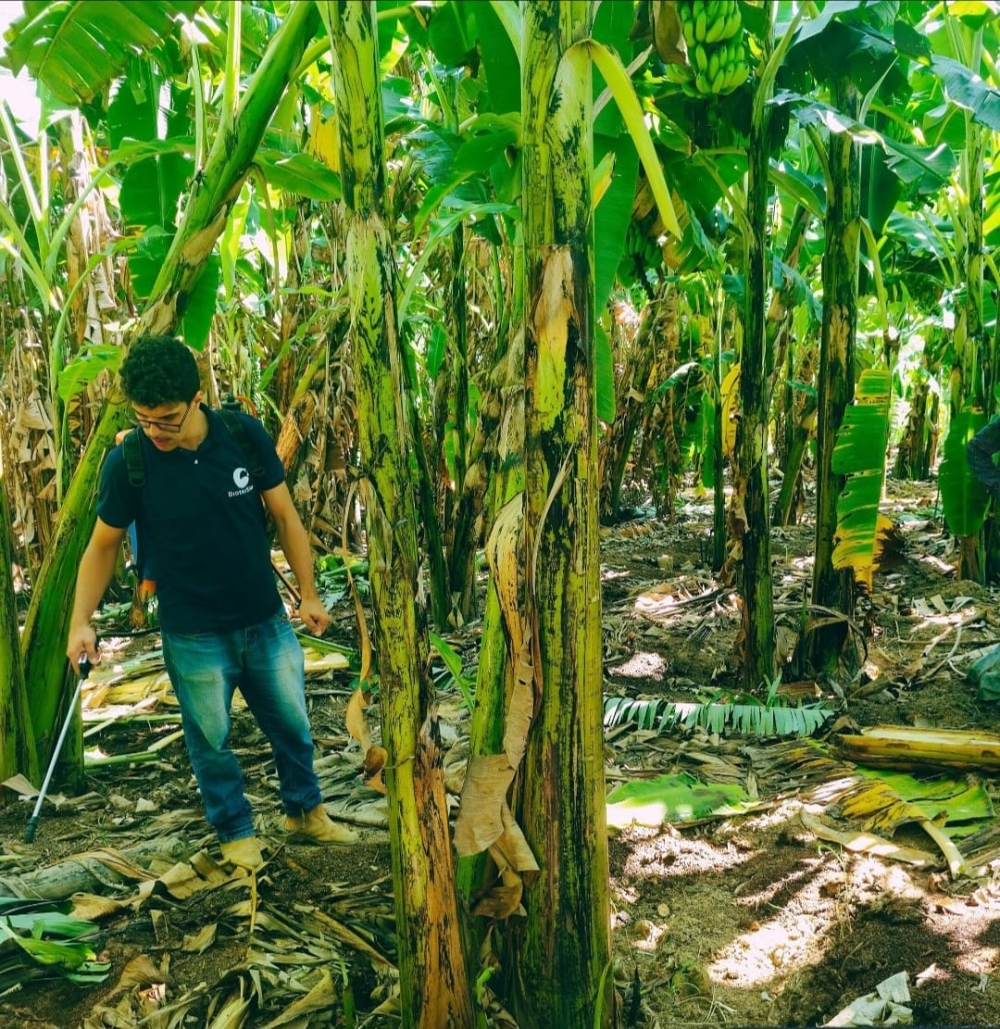
FAPESP-supported startup is developing a biostimulant that regenerates soil and increases the productivity and resilience of various crops.

FAPESP-supported startup is developing a biostimulant that regenerates soil and increases the productivity and resilience of various crops.
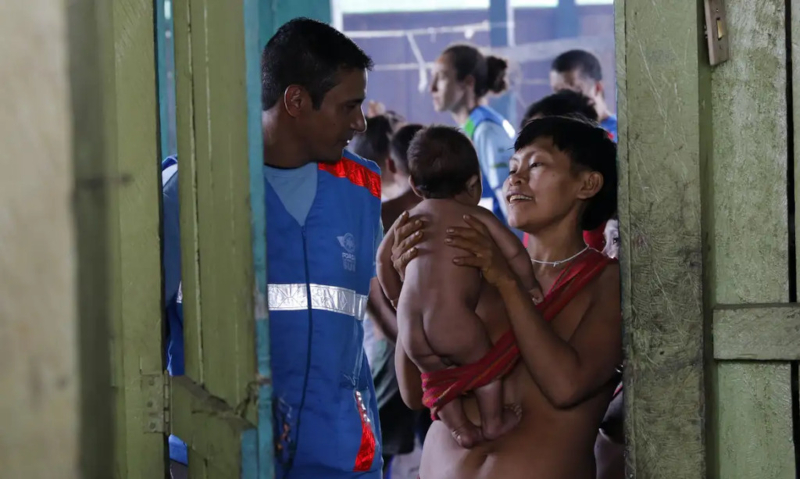
In an opinion piece in the British Medical Journal, researchers propose incorporating local knowledge as a strategy for adapting to extreme events and food insecurity.

In an opinion piece in the British Medical Journal, researchers propose incorporating local knowledge as a strategy for adapting to extreme events and food insecurity.

Strategy formulated by Brazilian researchers objectively defines the weight of each contributing factor and was validated based on inventories of landslides that killed 65 people on the northern coast of São Paulo.

Strategy formulated by Brazilian researchers objectively defines the weight of each contributing factor and was validated based on inventories of landslides that killed 65 people on the northern coast of São Paulo.
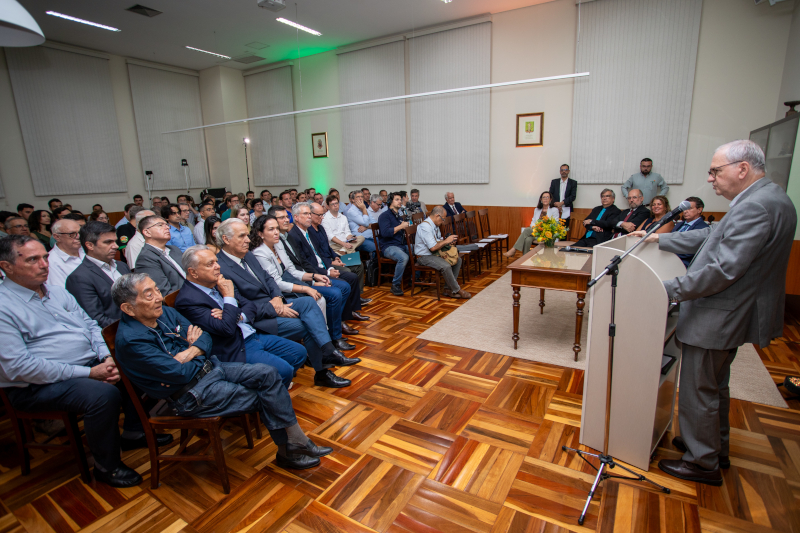
With an investment of BRL 200 million, ARC-Citros, created by FAPESP in partnership with Fundecitrus and ESALQ-USP, aims to advance the identification of strategies to combat greening.

With an investment of BRL 200 million, ARC-Citros, created by FAPESP in partnership with Fundecitrus and ESALQ-USP, aims to advance the identification of strategies to combat greening.
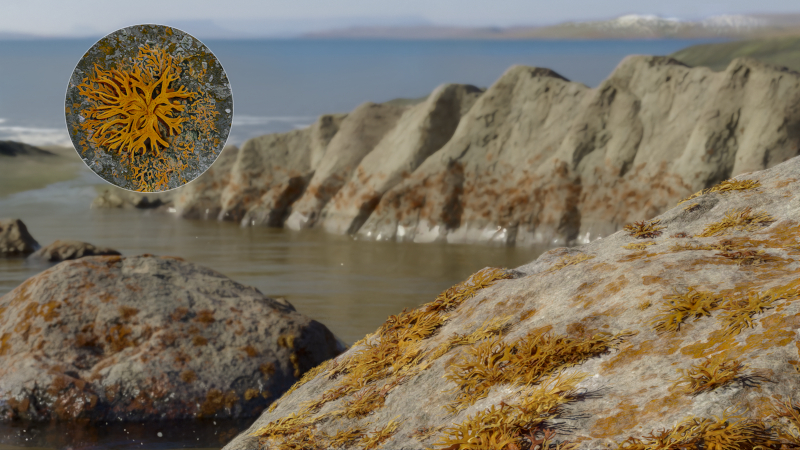
Study confirms that the symbiosis between fungi and algae that dissolves rocks and was widely distributed across Earth 410 million years ago helped form the first soils.